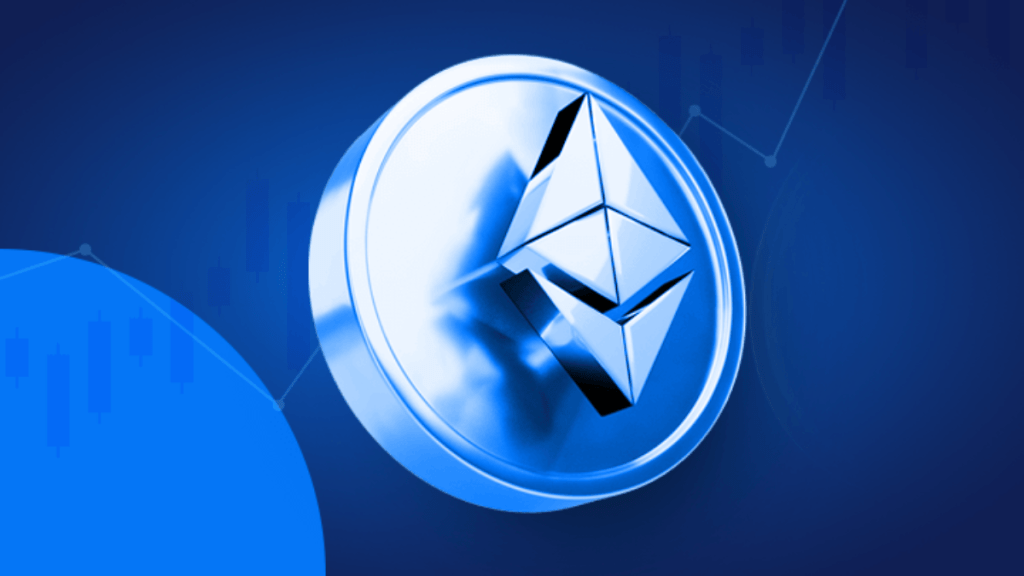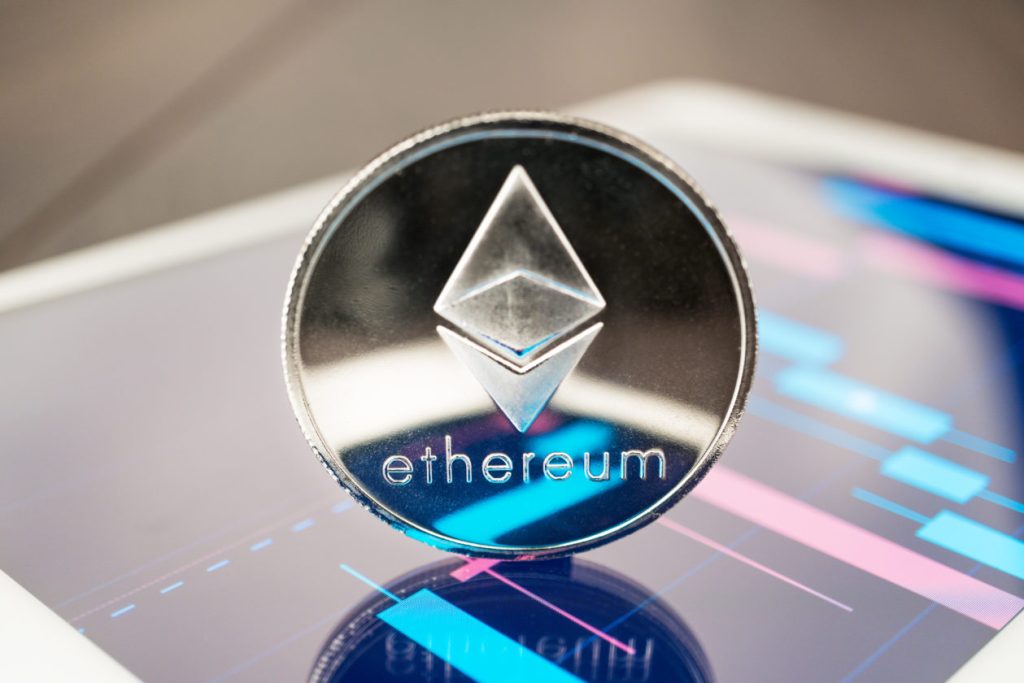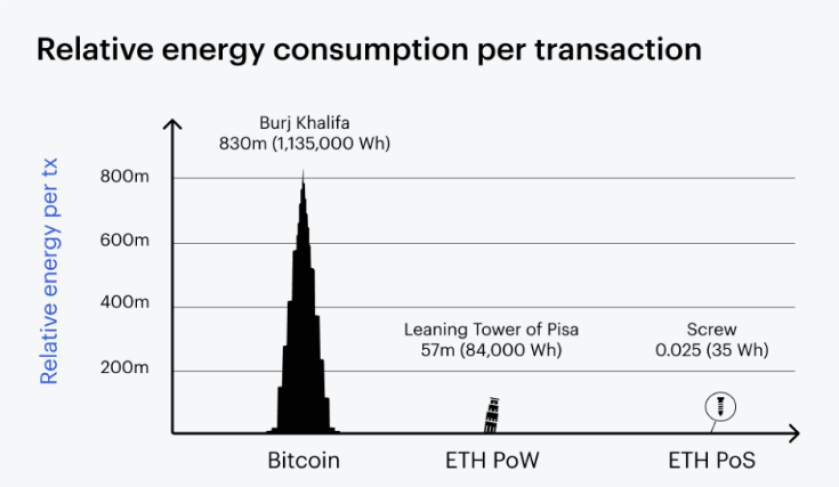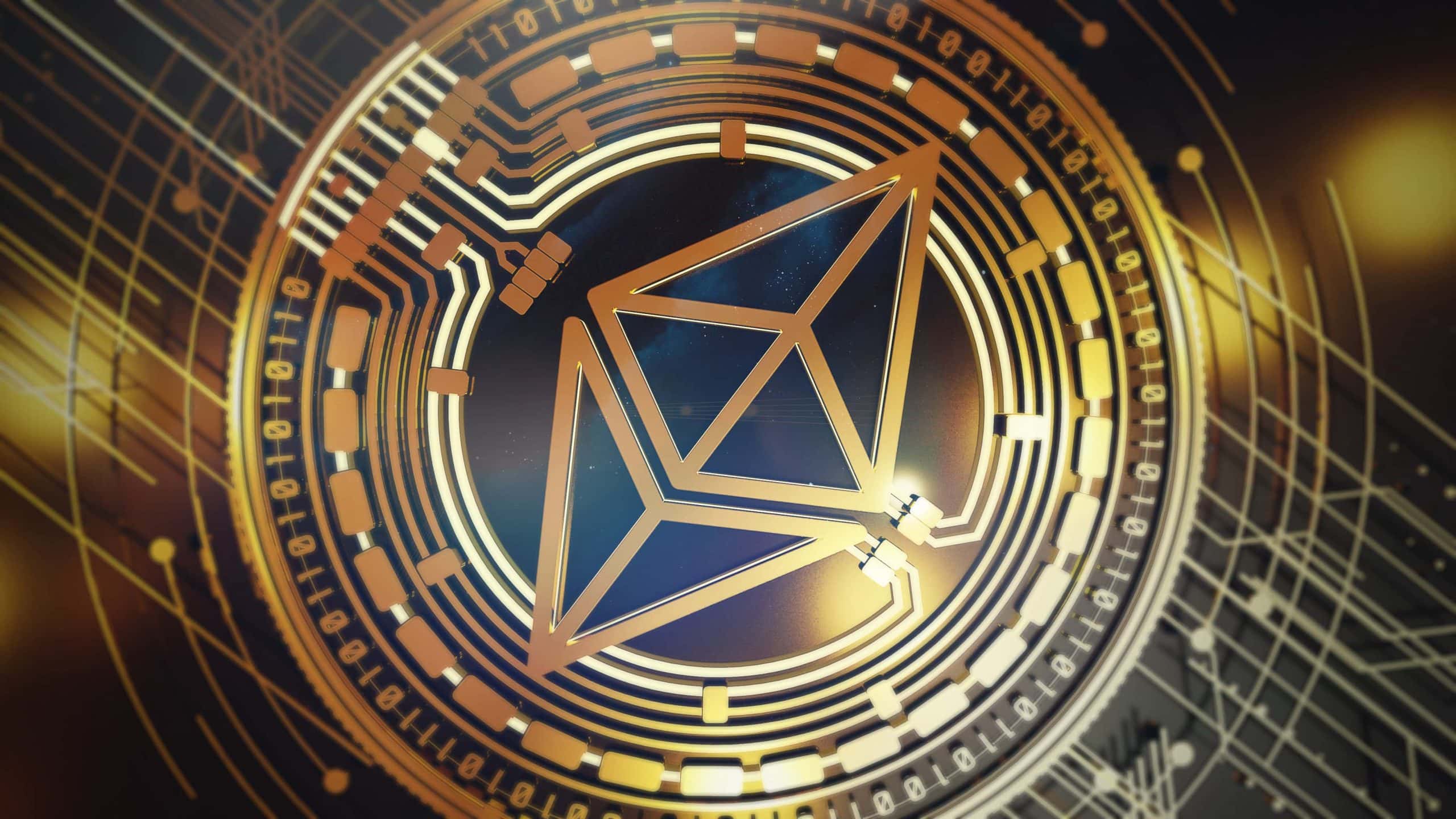The crypto space is full of jargon and words that are likely to be confusing for newcomers to the space. Ethereum gas fee is one of those words that investors have been trying to understand lately. Discussions about high gas fees continue. Also, arguments about Ethereum Merge solving the gas fee issue are popping up on Twitter.
Ethereum is among the most popular Blockchain networks in the crypto space. The amount that users must pay to perform any function on this network is the gas fee. Now, analysts and researchers are debating what will happen with the Merge upgrade coming in September. They question how gas fees will be affected by Ethereum’s much anticipated Merge upgrade. In this article we will discuss how Ethereum gas fees will change with Merge. But first, it is very important to understand what gas fees mean. cryptocoin.comWe’ve compiled everything you need to know about Ethereum’s gas fees.

What is the Ethereum gas fee?
Gas is the term used to describe the amount of Ether (ETH) the network needs for a user to interact with the network. That is, it refers to the unit that measures the amount of computational effort required to run certain transactions on the Ethereum network. A transaction on Ethereum requires successful completion of gas. However, gas fees are paid in ETH, the native currency of Ethereum. The chart below shows the average price of Ethereum gas fees. At the time of writing, Ethereum’s Average Gas Price is lower than 15.79 a day ago and 24.90 a year ago. Accordingly, the average price is currently at 13.69 ETH. That is, the average wage decreased by 13.32% per day and 45.01% in the annual window.

Gas fees paid by users and developers are used to fund Ethereum miners for the energy required to validate a transaction. Also, these fees make it very expensive for bad actors to spam the Ethereum network. Thus, it adds a layer of security to the Blockchain. Because Ethereum transactions require computational resources, there is a fee associated with each transaction. A gas fee is charged for a successful transaction on the Ethereum network. When talking about gas fees, the word Gwei comes up often. Accordingly, gas prices are stated in Gwei, which is itself a unit of ETH. In fact, Each Gwei stands for 0.000000001 ETH.
Gas fee and upgrades
A series of upgrades to the Ethereum network have resulted in net changes to gas fees. For example, the London upgrade was implemented to replace Ethereum’s transaction fee mechanism. Accordingly, it made trading on Ethereum more predictable for users. The London upgrade went live on the mainnet on August 5, 2021. Ethereum explains the benefits of the London Upgrade on its website. Accordingly, the upgrade includes better transaction fee estimation and faster transaction processing. It also covers stabilizing the ETH supply by burning a percentage of the transaction fees.

Ethereum had fixed size blocks before the London Upgrade. When demand was high, these blocks were running at total capacity. This caused users to wait for the high demand to subside to be included in a block. As a result, waiting to take action led to a bad user experience. The upgrade brought variable size blocks to Ethereum, each with a gas target size of 15 million. This time, however, the size of the blocks would increase or decrease, up to the 30 million gas block limit (2x the target block size). Compared to the pre-London gas fee market, the exchange transaction-fee-mechanism change made the fee estimate more reliable, according to ETH developers.
Gas fees and Ethereum Merge
Over the past few years, high Ethereum gas fees have come under a lot of criticism. Because of these high fees, many users started using competing networks. Ethereum rival networks such as Solana, Avalanche, and Cardano have therefore seen massive adoption. They also experienced an increase in the total value locked (TVL) due to the increase in Ethereum’s transaction fees. However, many in the market believe that the upcoming Merge could replace the high Ethereum gas fees. The Merge upgrade will be the most significant update to Ethereum since its launch in 2015. After the upgrade, the network will migrate to Ethereum 2.0. Thus, Blockchain will become more scalable and secure. All this will be caused by a series of updates with Merge. Accordingly, the network will switch from Proof-of-Work mechanism to Proof-of-Stake (PoS). According to a blog post, the switch to PoS will reduce Ethereum’s energy use by 99.95%.

However, there are also those who say that the much-anticipated Merge will not lower gas prices. DeFi researcher Vivek Raman said in a recent tweet that high Ethereum gas fees are due to increased demand for blockchain space. He also shared that gas fees are not a function of the “consensus mechanism”. Raman also explained that the purpose of the upgrade is to deprecate Ethereum’s PoW consensus mechanism. As we mentioned, with Merge, the network will transition to PoS mechanism. Ramen concluded that network fees are not expected to drop. Instead, users can use layer-2 blockchain solutions like Optimism for lower costs.







